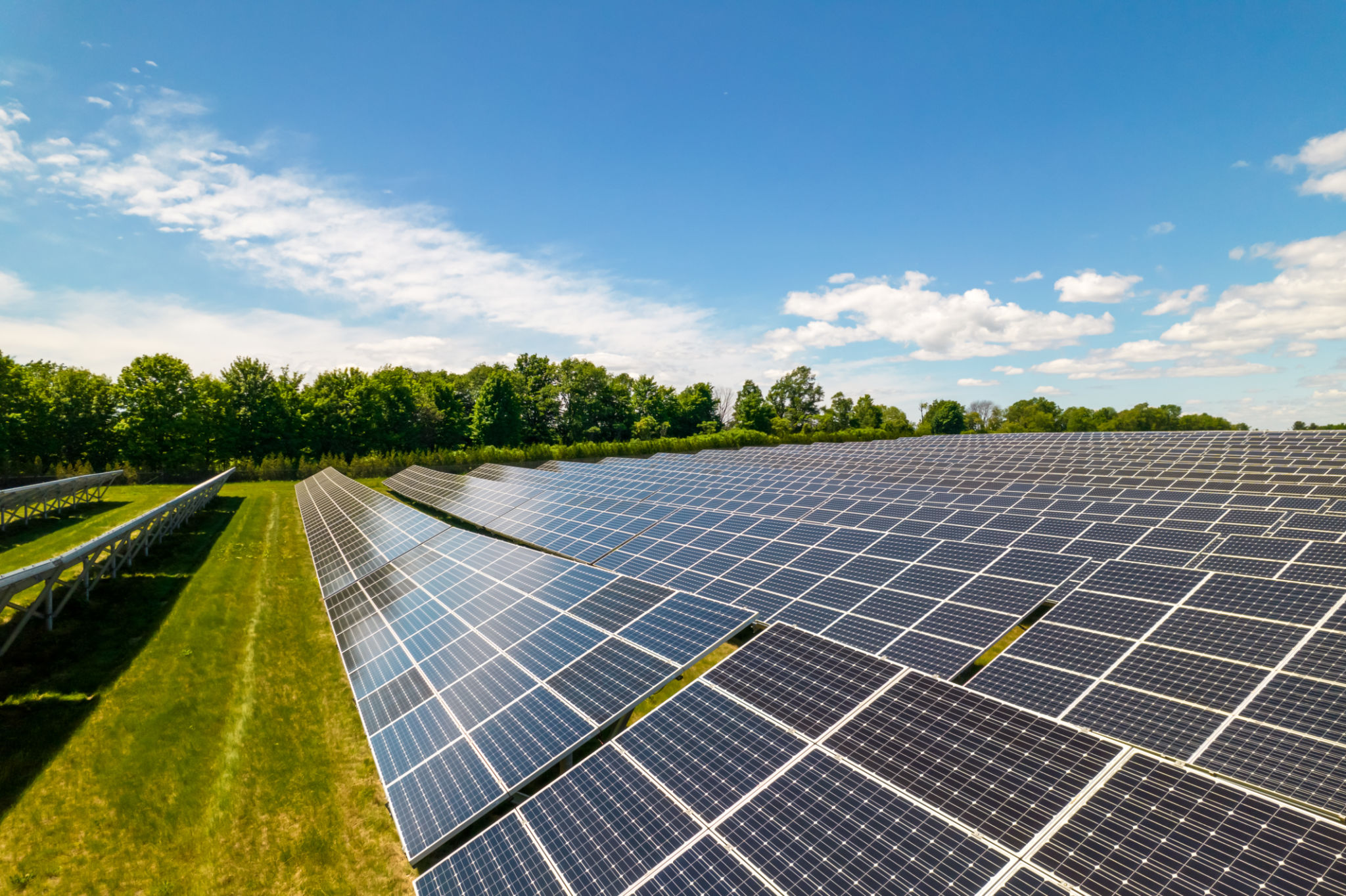Understanding the Solar Energy Landscape in Cameroon: Challenges and Opportunities
Introduction to Solar Energy in Cameroon
Cameroon, located in Central Africa, possesses an abundant amount of sunlight, making it an ideal location for the development of solar energy. With global shifts towards renewable energy, understanding the solar energy landscape in Cameroon is crucial for both local stakeholders and international investors. The nation is making strides in harnessing this renewable resource, but it faces several challenges along the way.

Current State of Solar Energy
In recent years, Cameroon has seen a growing interest in solar energy projects. These projects aim to provide electricity to remote areas that are not connected to the national grid. Currently, small-scale solar installations are being used for residential purposes and small businesses, providing a sustainable and reliable source of energy.
Despite this progress, widespread adoption of solar technology is still limited. The current infrastructure and investment levels are insufficient to meet the burgeoning demand for energy across the country. A focused approach towards improving these aspects can significantly enhance the solar sector's growth.
Challenges Facing Solar Energy Development
The development of solar energy in Cameroon is hindered by several challenges. One major issue is the lack of adequate infrastructure to support large-scale solar projects. This includes insufficient transmission lines and storage facilities to distribute and store solar energy efficiently.

Another significant challenge is the high initial cost associated with setting up solar power systems. Although solar technology has become more affordable over the years, the upfront investment required remains a barrier for many potential users, particularly in rural communities.
Policy and Regulatory Framework
A robust policy and regulatory framework is essential for fostering growth in the solar energy sector. In Cameroon, there is an urgent need for clear policies and incentives that encourage investment in renewable energy. Such measures could include tax incentives, subsidies, or feed-in tariffs that make solar projects more financially viable for investors.
Moreover, streamlining the regulatory processes can simplify the approval and implementation of solar projects, thereby accelerating their deployment across the nation.

Opportunities for Growth
Despite these challenges, there are numerous opportunities for growth in Cameroon's solar energy sector. The government's interest in diversifying its energy sources presents a significant opportunity for increasing solar energy adoption. Partnerships with international organizations and private investors can provide the necessary funding and technical expertise to propel the sector forward.
Additionally, advancements in solar technology continue to make it more efficient and cost-effective. Innovations such as improved photovoltaic cells and energy storage solutions can enhance the feasibility of solar energy projects in Cameroon.
The Role of Education and Training
To fully realize the potential of solar energy in Cameroon, there is a need to invest in education and training programs. Developing a skilled workforce capable of installing, maintaining, and optimizing solar systems is critical for long-term sustainability. Educational initiatives can empower local communities to take charge of their energy needs and stimulate economic growth.

Conclusion
The solar energy landscape in Cameroon is filled with potential but also fraught with challenges. By addressing infrastructure gaps, fostering supportive policies, and investing in education and innovation, Cameroon can significantly enhance its solar energy capacity. Embracing this renewable resource not only promises environmental benefits but also economic growth and improved quality of life for its citizens.
